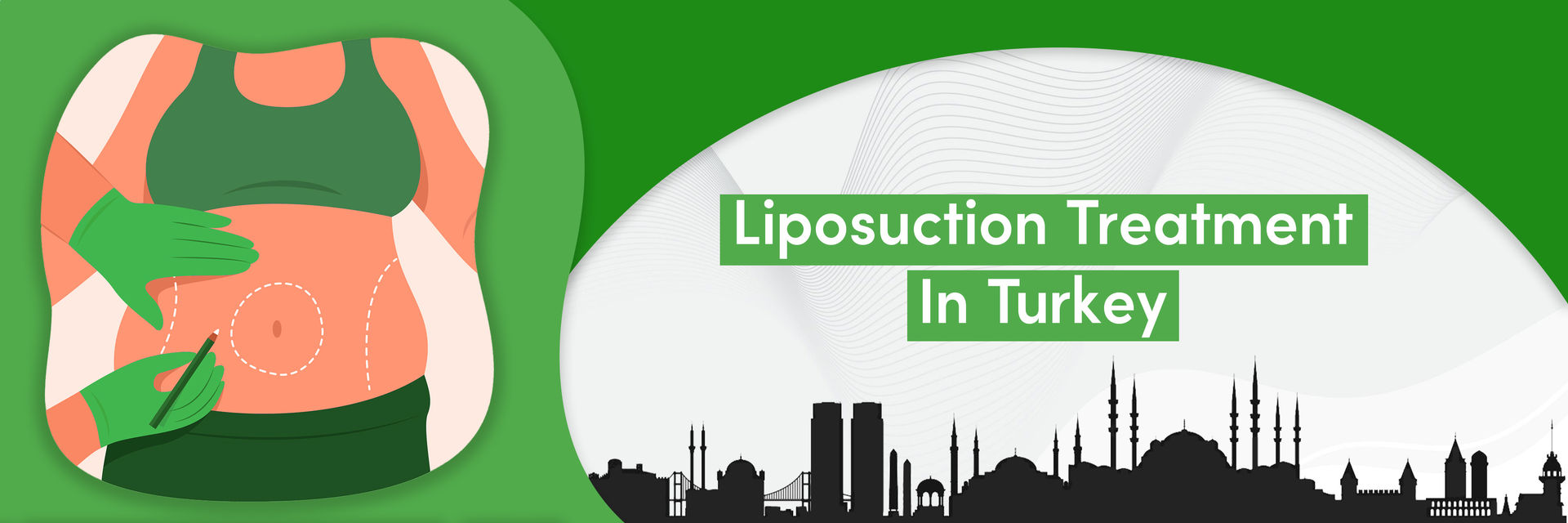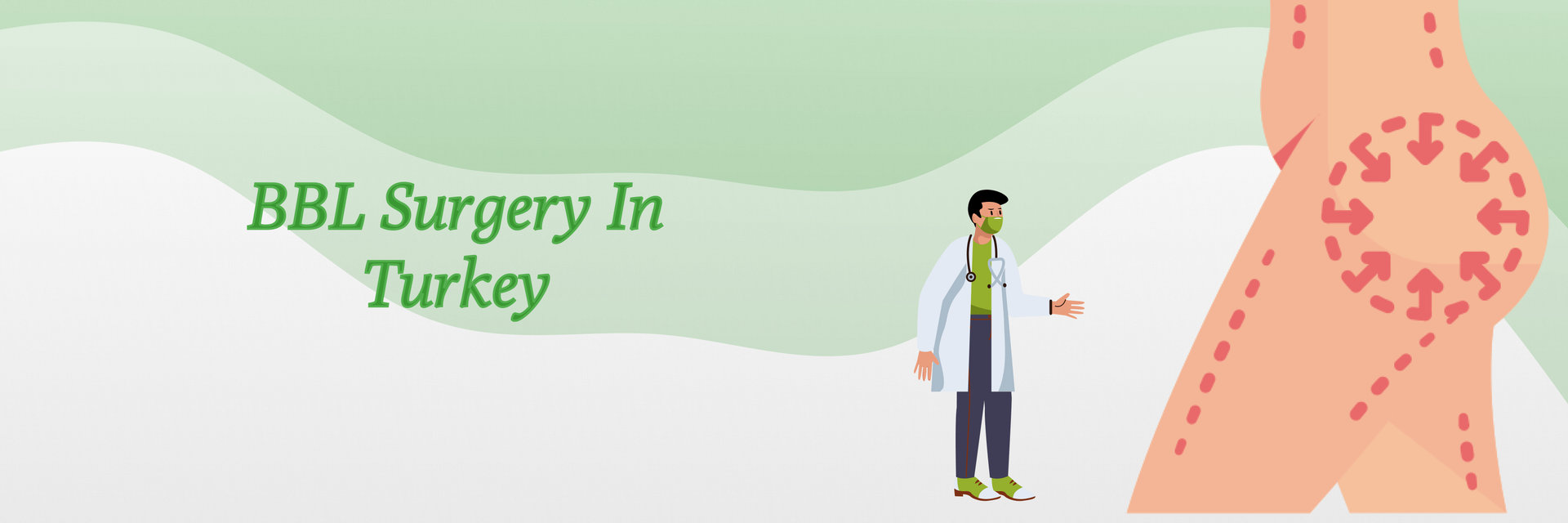Ever wondered how AI is revolutionizing the world of plastic surgery? Let's dive into it!
What is the role of AI in plastic surgery?
There is a significant role of AI in plastic surgery. Ai helps enhance patient care and surgical outcomes. It improves efficiency.
Here are the areas where there is an important role of AI in plastic surgery:
- Preoperative planning: It plans and analyzes patient images. Identifies facial or body features. Provides recommendations for surgical procedures. Helps the surgeons in creating personalized treatments for their patients.
- Simulation and visualization: Allows surgeons to visualize potential outcomes. Of a procedure before it takes place. Helps in setting realistic expectations.
- Image analysis and recognition: It analyzes CT scans, MRI scans or 3D photographs. This assists in identification of anatomical structures. It aids in precise planning and execution of surgical procedures.
- Facial recognition and biometrics: It analyzes facial features and provide accurate measurements. This is useful in facial plastic surgeries. Especially, where measurements are crucial for desired results.
- Automation: Robots and AI assisted system aid surgeons during procedure. They enhance precision and reduce risk of human error.
- Post operative monitoring: AI helps in post operative monitoring by analyzing patient data. Detects signs of complications or issues, if any.
- Data Analytics and Research: AI helps in analyzing large datasets. Contributes to research and advancements in plastic surgery.
- Personalized Patient Care: It enables a more personalized approach to patient care. It considers individual characteristics and optimizes treatment plans. This caters to patient's unique needs.
Enhance surgical precision and outcomes with AI in plastic surgery – prioritize your well-being, and schedule your appointment now.
Discover how AI takes the lead in meticulous preoperative planning
How can AI assist in preoperative planning for plastic surgery?

Many surgeons acknowledge the crucial role of AI in plastic surgery. Especially in preoperative planning of the procedure. AI plays an important role in 3D modeling. Particularly in procedures like breast augmentation and rhinoplasties. Generative AI models can help get preoperative instruction for patients. Yet, they are always reviewed by experts to assure accuracy and correctness.
AI helps in real-time analysis of large data sets. This helps in predicting potential surgical complications. This predictive analysis alerts surgeons about any surgical challenges beforehand.
Moreover, AI has a positive impact on telemedicine platforms. Especially for patients in remote areas. These platforms offer timely consultation. These are accessible even in physical hospitals.
Understand how AI is helping surgeons during surgery as well!
Is AI used during surgery itself?
Yes, AI in plastic surgery is also used during the surgery itself. It enhances the precision and outcome of the surgery. AI intersects with 3D modeling to aid in preoperative planning. This is for surgeries like breast augmentation and rhinoplasty. During surgery, robots and AI-assisted systems contribute to precision. This reduces the risk of errors. But, human oversight remains crucial. AI assists surgeons in various aspects of the surgical process.
Learn about the various AI technologies below!!
What are some AI technologies used in plastic surgery procedures?

Several technologies for AI in plastic surgery procedures include:
- 3D Modeling AI assists in creating detailed 3D models of patients' anatomy. This is for preoperative planning and visualization.
- Simulation Tools: AI-driven simulation tools predict and visualize potential surgical outcomes. This helps surgeons and patients set realistic expectations.
- Image Analysis: AI analyzes medical images, such as CT scans and 3D photographs. Aids surgeons in precise planning and execution.
- Robotics: AI-powered robotic systems assist surgeons during procedures. It enhances precision and reduces the risk of human error.
- Data Analytics: AI processes large datasets in real-time. It predicts potential complications based on patient history, genetics, and other factors.
- Natural Language Processing (NLP). NLP technologies improve communication between patients and providers. This facilitates preoperative discussions and informed consent processes.
- Telemedicine Platforms: AI enables virtual consultations and remote monitoring. It improves access to expert advice and postoperative care.
- Wearable Devices: AI analyzes data from wearable devices to track postoperative recovery. It detects signs of complications and allows for timely interventions.
These technologies contribute to more personalized, efficient, and safer plastic surgery procedures.
Explore cutting-edge AI technologies transforming plastic surgery – seize control of your well-being, contact us today!
AI reduces the complications in surgeries!! Continue reading to understand better!
Can AI help cut surgical complications in plastic surgery?
Yes, AI can help reduce surgical complications in plastic surgery. It does so by analyzing large amounts of data to predict potential issues. They analyze this data based on a patient's history, genetics, and other factors.
As a result, the surgeons get to know about the potential complications that may arise. This allows for better preparation. This reduces the risk of complications.
Additionally, AI technologies contribute to enhanced precision during surgery, improving patient outcomes. Special robotic systems, like the da Vinci Surgical System, help surgeons. These robots help surgeons be very precise and skilled during surgery. They make it easier to make complex procedures less invasive. And also produce better results for patients.
Understand the magical impact of AI in recovery as well!
How does AI impact patient recovery in plastic surgery?
This is how AI in plastic surgery impacts patient recovery:
Postoperative Monitoring. AI analyzes data from wearable devices to detect signs of infections or complications.
Early Intervention. Quick identification through AI allows for faster interventions. Thus, reducing hospital readmissions.
Telemedicine Platforms. AI-powered platforms offer timely virtual consultations. This ensures expert advice is accessible during recovery.
Personalized Care. AI produces invidualised postoperative care plans. This contributes to better monitoring and patient peace of mind.
Can AI help with non-surgical cosmetic treatments, such as injectables or fillers?
Not only during invasive procedures. AI in plastic surgery is also useful for non-surgical treatments. Like Injectables or fillers. Before taking injectables or fillers AI helps you visualize the outcome. That is what you would look like after taking them.
Some other ways AI is involved in these treatments include:
Simulation Tools. AI simulation tools help visualize the potential outcomes. of injectables and fillers. This allows patients and practitioners to preview the results.
Image Analysis. AI can analyze facial features. It then provides recommendations for the precise placement of injectables and fillers. Hence, contributing to more accurate and personalized treatments.
Personalized Treatment Plans. AI algorithms can assist practitioners in creating personalized treatment plans. The basis of this is individual patient characteristics and desired outcomes.
Outcome Prediction. AI can help predict how a patient's skin may respond to specific injectables or fillers. For this, AI analyzes historical data and patterns. This aids in treatment decisions.
Unveiling the potential of AI in non-surgical cosmetic treatments – initiate your journey to rejuvenation, get in touch with us for your treatment today.
The question is “Is it accessible?” Read below!
Is AI in plastic surgery accessible to all patients, or is it limited to certain clinics?

As of now, the accessibility of AI in plastic surgery can vary. AI technologies are becoming more widespread. Their availability depends on the resources and technology infrastructure of individual clinics. Large clinics and hospitals are more likely to adopt AI systems in plastic surgery.
In smaller clinics with limited resources, the integration of AI is more gradual. Additionally, the cost associated with implementing AI technologies influences its accessibility to patients. As clinics may need to invest in training, equipment, and software.
Over time the accessibility is going to increase.
Conclusion
In conclusion, AI in plastic surgery is a big help. It helps before, during, and after surgeries. Before surgery, it plans and predicts outcomes. This makes things safer and more precise. During surgery, robots with AI help surgeons operate . This reduces any room for errors. After surgery, AI helps in tracking recovery. AI also helps with non-surgical treatments, like fillers. But, not all places have AI for plastic surgery yet. In the future, more places will use it.
Reference
https://www.ncbi.nlm.nih.gov/pmc/articles/PMC7647513/
https://www.mathewsopenaccess.com/full-text/artificial-intelligence-in-plastic-surgery







